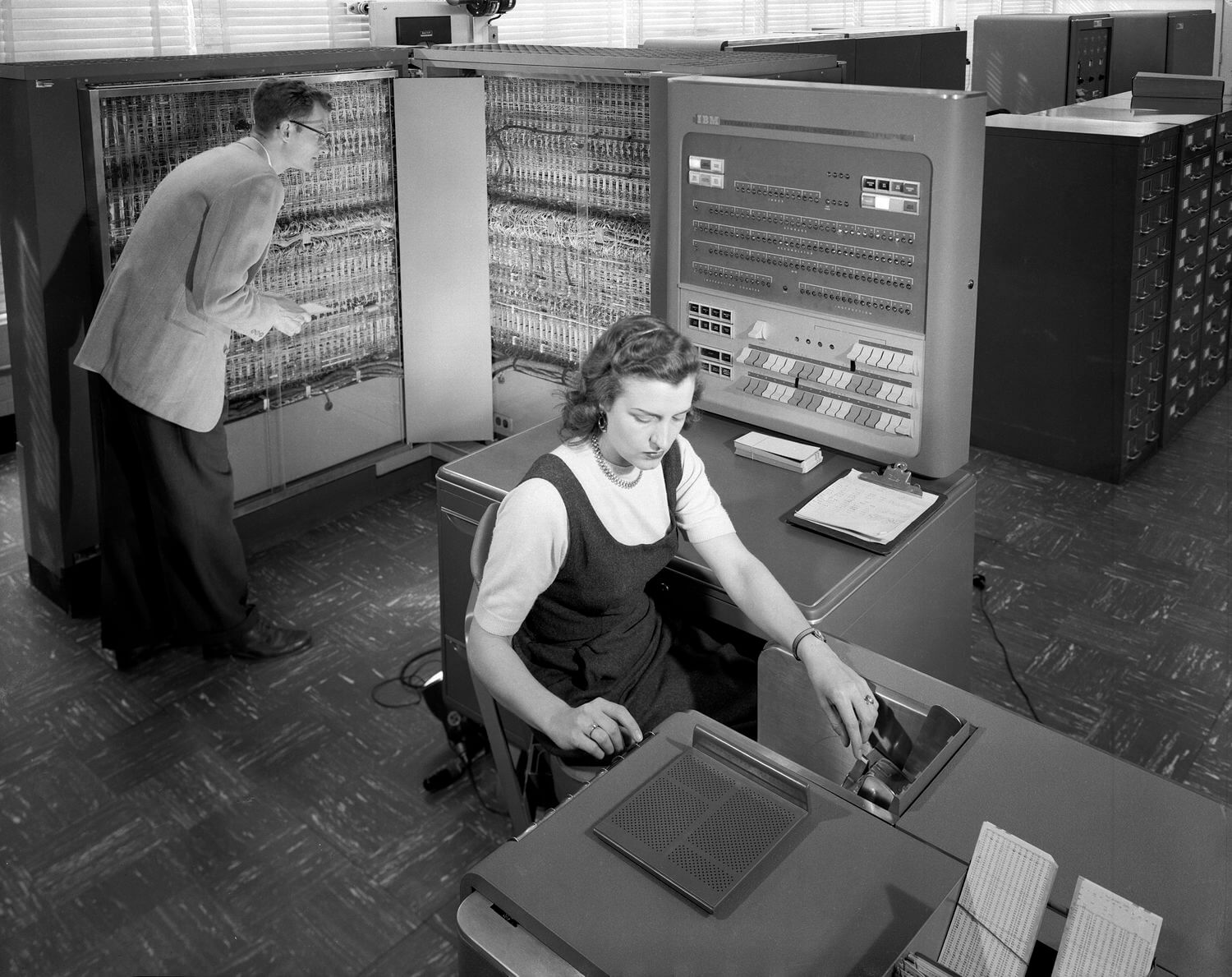type
status
date
slug
summary
tags
category
icon
password
Created time
Aug 11, 2023 06:08 AM
In the ever-evolving world of technology, developers often turn to online resources for help. Stack Overflow (SO) has been a go-to platform for years, but with the introduction of ChatGPT, the landscape is shifting. A recent study conducted by researchers at Purdue University delves into this very subject, comparing the answers provided by ChatGPT and Stack Overflow to Software Engineering (SE) questions. Here's a 5-minute read summarizing their fascinating findings.
The Study 📊
The researchers conducted an in-depth analysis of ChatGPT's answers to 517 SO questions, examining the correctness, consistency, comprehensiveness, and conciseness of the responses. They also performed a large-scale linguistic analysis and a user study to understand the characteristics of ChatGPT answers from both linguistic and human aspects.
Key Findings 🔍
- Correctness & Quality: Surprisingly, 52% of ChatGPT-generated answers were found to be incorrect, and 77% were verbose. However, they were still preferred 39.34% of the time due to their comprehensiveness and well-articulated language style.
- Linguistic Characteristics: ChatGPT uses more formal and analytical language and portrays less negative sentiment compared to human answers on SO.
- User Preferences: In a user study with 12 programmers, participants preferred SO answers overall but still chose ChatGPT 39% of the time, citing the comprehensiveness and articulate language structures as reasons.
- Inconsistency & Verbosity: About 78% of ChatGPT's answers were inconsistent with human answers, and 62% were more verbose.
- Question Types & Quality: The study also explored how different types of SO questions affect the quality of ChatGPT answers, finding distinct linguistic characteristics and underlying sentiments.
Implications & Future Directions 🚀
The study highlights the necessity of close examination and rectification of errors in ChatGPT, creating awareness among users of the risks associated with seemingly correct ChatGPT answers. It also points to several research opportunities in the future.
While ChatGPT performs remarkably well in many cases, it frequently makes errors and unnecessarily prolongs its responses. However, its richer linguistic features cause users to exhibit a preference for ChatGPT-generated answers, overlooking the underlying incorrectness and inconsistencies.
Conclusion 🎓
The comparison between ChatGPT and Stack Overflow in answering Software Engineering questions reveals a complex landscape. ChatGPT's ability to engage in human-like conversations and provide comprehensive answers makes it an attractive option. However, its tendency to generate incorrect and verbose answers calls for caution.
The study serves as a valuable resource for developers, researchers, and industry professionals, shedding light on the strengths and weaknesses of AI-driven platforms like ChatGPT. It's a reminder that while AI can be a powerful tool, human judgment and verification remain essential.
So, next time you're stuck on a coding problem, remember that both ChatGPT and Stack Overflow have their unique offerings. Choose wisely, and happy coding! 🎉👩💻
Note: The original research paper titled "Who Answers It Better? An In-Depth Analysis of ChatGPT and Stack Overflow Answers to Software Engineering Questions" was authored by Samia Kabir, David N. Udo-Imeh, Bonan Kou, and Tianyi Zhang from Purdue University and was published on August 4, 2023.
- Author:raygorous👻
- URL:https://raygorous.com/article/chatgpt-stack-overflow-who-is-better
- Copyright:All articles in this blog, except for special statements, adopt BY-NC-SA agreement. Please indicate the source!
Relate Posts
LLM Open Challenges 3: Do we always need GPUs? (3 min)

LLM Open Challenges 1: How to improve efficiencies of chat interface? (3min read)

🌐 LLM Open Challenges 2: Large Language Models for Non-English Languages: Challenges and Perspectives 🚀 (3min read)

RAVEN: Unleashing the Power of In-Context Learning 🚀 (3min read)

Introducing DoctorGPT: Your Private AI Doctor 🩺💻 (3min read)

Exploring Open-Source AGI Projects: Use Cases and Comparisons (5min read)








